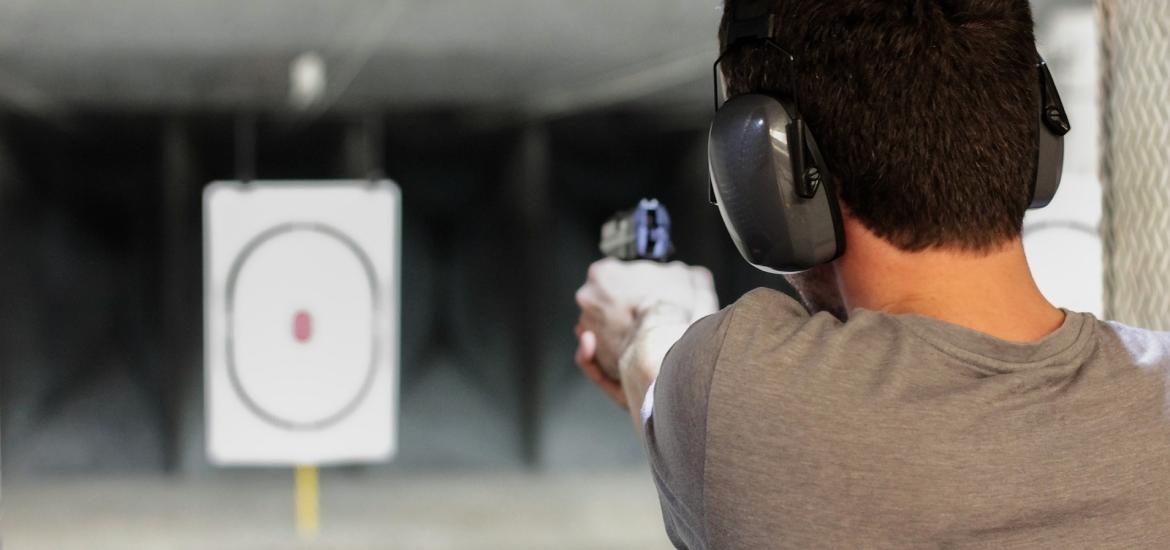
MaaT shoots for EU approval
But the timeline for a US green light is less clear, and the group has a cash crisis.
But the timeline for a US green light is less clear, and the group has a cash crisis.

MaaT Pharma reckons it has found a way forward for its late-line acute graft-versus-host-disease hopeful MaaT013 – at least in Europe. The company reported data on Wednesday evening from the European Ares trial, showing a 62% gastrointestinal overall response rate at 28 days; however, the pivotal study was uncontrolled, and its endpoint seems non-standard.
This result exceeded the 40% GI-ORR target that MaaT had set itself, and paves the way for a Europe filing in mid-2025. However, US approval will take longer, and looks likely to involve another trial that MaaT could struggle to fund; the company had just €27m in the bank at the last count, enough only to get it into the second quarter of 2025.
MaaT’s stock rose 23% on Thursday morning, although the group still has a market cap of under €140m. Investors might be hoping for a buyout from a GvHD player, but in the meantime, given the company's low valuation, fund-raising could be tough.
Unmet need
GvHD can arise following allogeneic haematopoietic stem cell transplantation (HSCT), when the transplanted cells recognise the host’s cells as foreign and attack. Steroids are the first line of therapy; more recently, Novartis/Incyte’s Jakafi has emerged as a second-line option, including for acute disease, while Mesoblast's Ryoncil just got the nod for steroid-refractory children.
However, there are still patients who don’t respond, and in this population the one-year survival rate is just 15%, MaaT notes. The group is aiming at this third-line use, and the lack of other options helps explain why Ares is uncontrolled, something MaaT says European regulators are on board with.
MaaT013 is an enema-delivered product containing faecal microbiota from healthy donors; MaaT believes that restoring the microbiome could reset the immune system’s equilibrium.
However, the primary endpoint of Ares is GI-ORR, which essentially measures the volume of a patient’s diarrhoea. MaaT claims that this is a proxy for survival, but whether regulators will agree or ask for more mature survival data is a separate question.
So far median survival hasn't been reached, but MaaT noted a 54% 12-month probability of survival with MaaT013. Mature one-year overall survival data are expected by the end of 2025, the company has previously said.
MaaT hopes for EU approval in the second half of 2026, a spokesperson told ApexOnco. While GI-ORR results from Ares, along with some OS data, might be enough for EU regulators, the pathway in the US will be longer. The group said that a previously disclosed US phase 3 trial is slated to start in 2025, "upon securing financing". In December the company treated the first US patient under an expanded access scheme.
515













